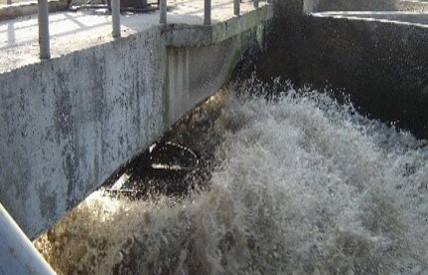High performance wastewater treatment systems may reduce the pollution load in the receiving water body, but in doing so the environmental burden might shift from the water to the air or soil as a result of consumption of more energy and chemicals.
There are a number of tools available for analysis of environmental performance of a given system, such as: life cycle analysis (LCA), cost analysis and multi criteria analysis. In this lecture, the applicability of LCA to evaluate the environmental implication of a wastewater treatment system is discussed.
The conventional wastewater treatment plants remove pollutants from the wastewater and may reduce the pollution load in the receiving water body. But to operate, these systems require a high energy use and the operation and maintenance cost is also high. The cost, energy consumption and low degree of recycling of nutrients to agriculture have raised the question of the sustainability of traditional wastewater treatment systems. Nutrient recycling can help to reduce the energy use associated with the production of commercial fertilizer, as production of mineral fertilizers is energy intensive and an important contributor to production of climate change gases (Refsgaard et al. 1998).
Comparative studies of different drinking water and wastewater treatment technologies, as well as broader concepts of water reuse and decentralized water systems, can therefore be modeled to identify hotspots for their process optimization and reduction of environmental burden.
The objective of the lecture is:
-
to introduce the Life Cycle Analysis and its applicability to evaluate the environmental performance of Wastewater treatment systems
- to introduce the procedural frame work to conduct LCA of small decentralized wastewater treatment system
Life cycle assessment applied to wastewater treatment: state of the art
Life cycle assessment of wastewater treatment options for small and decentralized communities
ISO 14040 Environmental management - life cycle assessment: principles and framework
Assessing the environmental impact of two options for small-scale wastewater treatment: comparing a reedbed and an aerated biological filter using a life cycle approach
Innovative technologies for decentralised water-, wastewater and biowaste management in urban and peri-urban areas
Life-cycle Energy Assessment of Alternative Water Supply Systems in California
Life-cycle Energy Assessment of Alternative Water Supply Systems in California
Life-cycle Energy Assessment of Alternative Water Supply Systems in California
SimaPro
SimaPro is a life cycle assessment (LCA) software package for industry and academics globally. SimaPro contains science-based methods and databases.
GaBi
GaBi combines t Life Cycle Assessment (LCA) modelling and reporting software, content databases with data collection and reporting tools. With the aim to help LCA professionals to save money, reduce risk, communicate product benefits and increase revenue.
http://www.gabi-software.com/international/index/ [Accessed: 22.01.2019]OpenLCA
openLCA is an open source and free software for Sustainability and Life Cycle Assessment.
http://www.openlca.org/ [Accessed: 22.01.2019]


